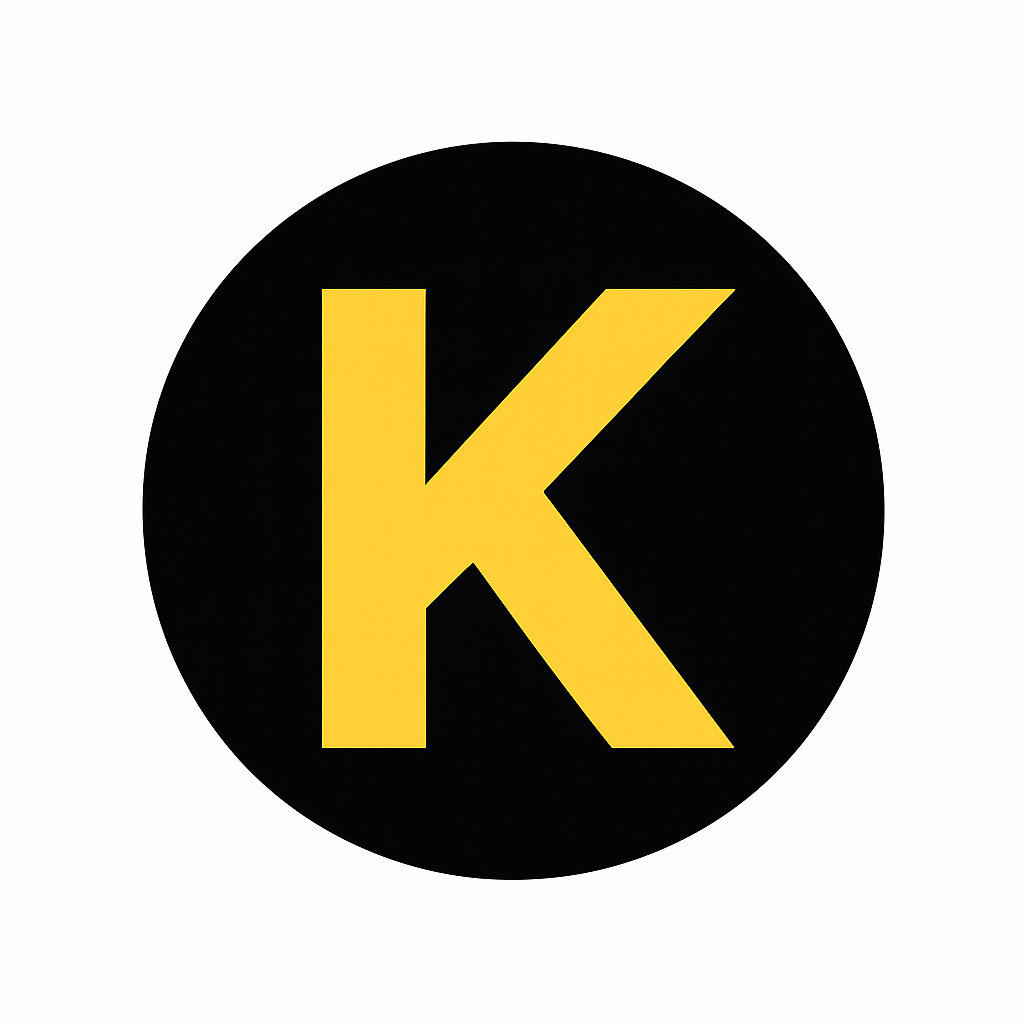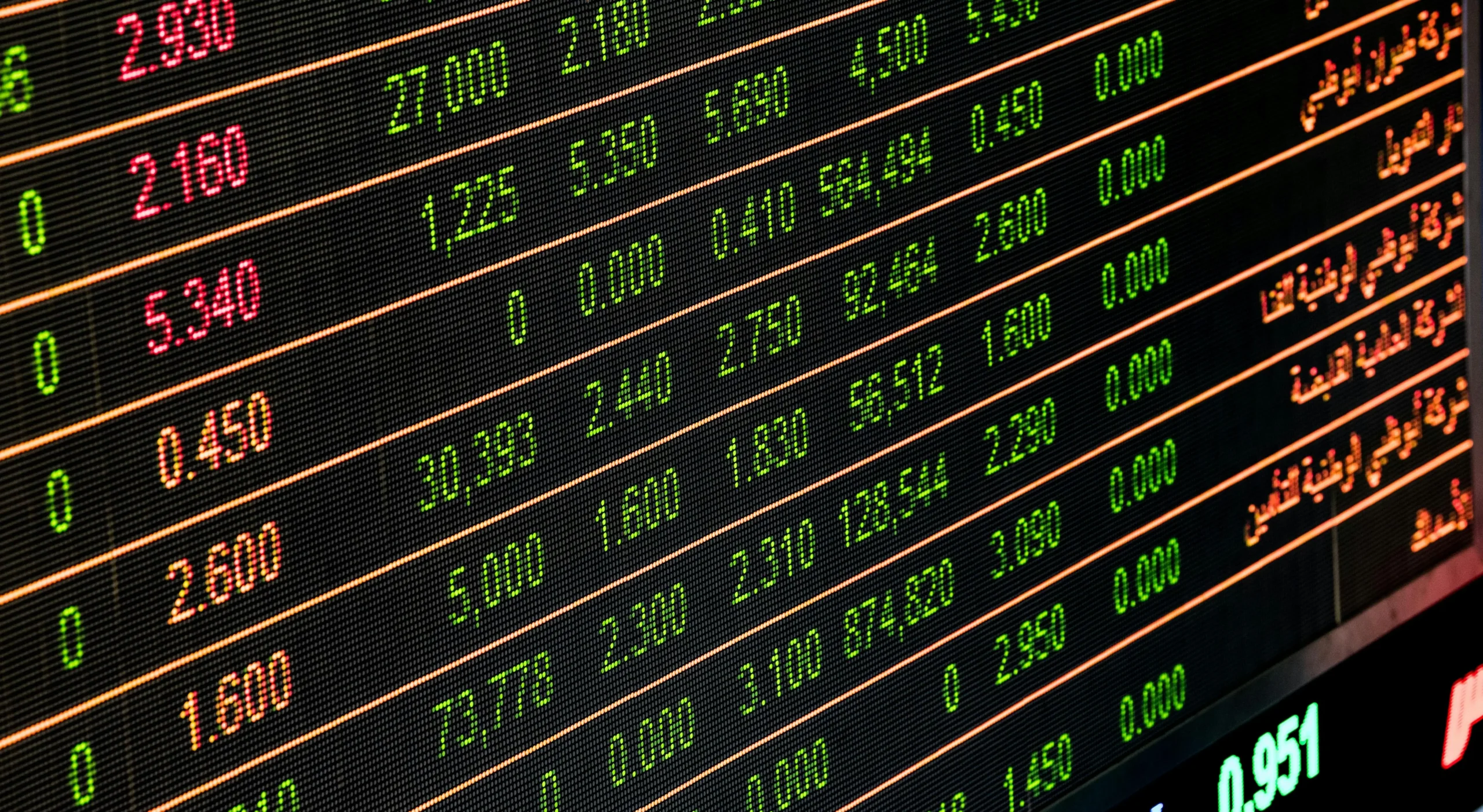Trading is something people do every day. Some trade small things like toys or cards. Some trade big things like cars or digital items. Everyone wants to make a good deal. But sometimes people get less value than they give. That means the trade is not fair. The good news is you do not need an expert to find out if a trade is fair. You can do it by yourself in easy steps.
What Is Fair Value
Fair value means both people get something of the same worth. It is when one side gives something that has equal value to what they get back. For example, if you give a bike that costs fifty dollars, you should get something that also costs fifty dollars. If you get something worth less than that, you lose value. Fair value helps both people feel happy after trading.
Why You Should Care About Fair Value
Fair value is very important because it keeps trading honest. When both sides feel the deal is fair, they trust each other. It stops fights and keeps people happy. If you always check the fair value, you will not feel sad later. You will also save your money. A fair trade helps both sides win.
Fair value also teaches you to be smart. You learn how to look at value, not just looks. Some things look nice but are not worth much. Some things look simple but have big value. When you learn fair value, you start to see real worth in everything you trade.
Use an Online Trade Calculator
You can use a free online tool to check if a deal is fair. One great tool is tradecalculator.net. It helps you see both sides of a trade clearly. You just enter what you give and what you get. The calculator shows if the trade is equal. It saves time and helps you avoid bad deals.
This site is easy for everyone. You do not need to know big numbers or hard math. You just type in values and the calculator shows you the result. Many people use it for game items or online deals. It is quick, safe, and free. Using such a tool makes trading simple and fair.
Check the Market Price
Before you make any trade, you should know the market price. The market price tells you how much people are paying for that item right now. Prices change over time. What was worth ten dollars last month might be worth eight now.
You can find market prices on many sites or stores. Look at what others pay for the same thing. If you see that your item has a higher price, you can ask for more value. If it is lower, you can adjust your offer. Checking prices helps you stay fair and smart.
Look at the Quality of the Item
Price is not the only thing that matters. Quality also makes a big difference. A new item has more value than an old one. If one person gives a new phone and gets an old one back, the deal is not fair. Always check how good the item is.
If it is broken or missing parts, it is worth less. If it is new, clean, and works well, it is worth more. When you check quality, you make sure that you do not lose value. It also helps you build trust because people see that you care about fair trade.
Compare Different Trades
If you are not sure about a deal you can look at other trades. This helps you see what is normal in the market. Maybe others are trading the same item for a higher price. Then you know your deal is not fair.
The more you compare, the smarter you become. You start to see patterns in value. You learn when something is a good deal and when it is not. Comparing helps you make better choices without needing any expert help.
Ask Questions Before You Trade
Always ask simple questions before you agree to a trade. You can ask how old the item is or if it works well. You can ask if it is rare or common. These questions help you find out the true value.
For example, if someone wants to trade you a watch, you can ask if it still keeps time right. You can ask if it has a scratch or if it is new. The more you know, the safer your trade becomes. People who ask questions are always better traders.
Trust but Still Check
It is good to trust people, but you must still check the details. Some people may not tell you the full truth. You do not have to be rude, but always check for yourself. Look at the item closely. See if it matches the promise.
When you check every part of the trade, you protect yourself. You also build a good habit that will help you in future trades. Honest traders respect people who check before they trade. It shows that you care about fairness.
Keep Records of Your Trades
It is smart to write down what you trade. You can note the date of what you gave and what you got. This helps you remember deals and see if they were fair. If something goes wrong later you can show your notes.
Keeping records is very useful for people who trade often. It shows how your value changes over time. You can learn from past trades and do better next time.
Use Your Feelings but Think Too
Sometimes your heart tells you a deal feels wrong. You should listen but also think. Feelings can guide you, but checking facts is better. A good trader uses both heart and mind.
If a deal feels too good to be true, it may not be fair. Always double-check before you say yes. Think about what you give and what you get. Simple thinking can save you from big losses.
Final Thoughts
You do not need an expert to find fair value in trades. You just need to be smart and careful. Always check the market price and look at the quality. Use tools like tradecalculator.net to compare values. Ask questions and keep notes.
When you trade this way, you protect yourself from unfair deals. You learn to see true value in everything. Fair trades make everyone happy and build trust between traders.
Every good trader starts with simple steps. You can do the same. Look at the value, check the quality, use a trade calculator, and always be honest. That is how you make fair trades without expert help.

